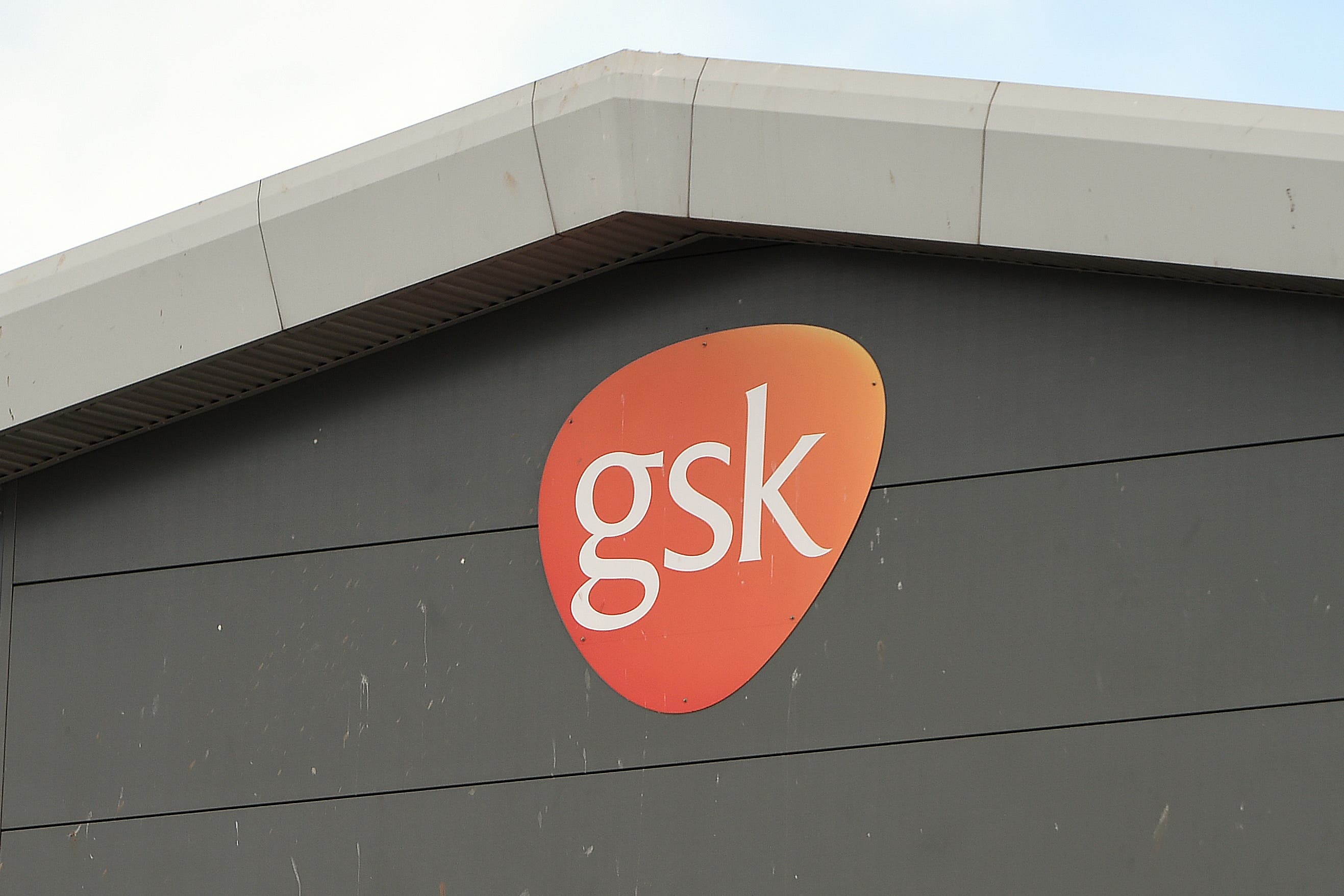Jab for common illness among over-60s on the horizon after regulatory approval
RSV (respiratory syncytial virus) leads to around 8,000 deaths among people aged over 60 in the UK every year.

Your support helps us to tell the story
From reproductive rights to climate change to Big Tech, The Independent is on the ground when the story is developing. Whether it's investigating the financials of Elon Musk's pro-Trump PAC or producing our latest documentary, 'The A Word', which shines a light on the American women fighting for reproductive rights, we know how important it is to parse out the facts from the messaging.
At such a critical moment in US history, we need reporters on the ground. Your donation allows us to keep sending journalists to speak to both sides of the story.
The Independent is trusted by Americans across the entire political spectrum. And unlike many other quality news outlets, we choose not to lock Americans out of our reporting and analysis with paywalls. We believe quality journalism should be available to everyone, paid for by those who can afford it.
Your support makes all the difference.A jab aimed at reducing thousands of deaths and hospital admissions among the elderly has been approved for use in the UK.
Regulators have given the green light for the first respiratory syncytial virus (RSV) vaccine for older adults.
RSV is a very common infection and leads to an estimated 175,000 GP visits, 14,000 hospital admissions, and 8,000 deaths among people aged over 60 in the UK every year.
Our ambition is to help protect adults 60 years of age and older in the UK who are at risk from RSV disease, including those with underlying medical conditions, who drive the majority of RSV hospitalisations
The Medicines and Healthcare products Regulatory Agency (MHRA) has approved GSK’s jab, known as Arexvy, for use among older adults.
It comes after a trial showed the jab had a high level of efficacy and that the vaccine is generally well tolerated.
Neale Belson, senior vice president, and UK general manager at GSK said: “We are very excited by today’s announcement.
“Our ambition is to help protect adults 60 years of age and older in the UK who are at risk from RSV disease, including those with underlying medical conditions, who drive the majority of RSV hospitalisations.
“This authorisation for Arexvy means eligible adults can be vaccinated against RSV disease for the first time, reinforcing GSK’s long history of vaccine innovation.”
Arexvy has recently been approved for use by US and European regulators.
The trial, which examined the safety and efficacy of a single dose of the vaccine and was published in the New England Journal of Medicine, showed it was 82.6% effective at preventing lower respiratory tract disease – such as pneumonia and bronchitis – which was caused by the RSV infection.
The vaccine was found to be 94.1% effective at stopping severe infection.
The researchers reported “high vaccine efficacy was observed in various age groups and in participants with coexisting conditions”.
Side effects from the jab were “transient, with mild to moderate severity”, the researchers wrote.
We are pleased to confirm that we have authorised Arexvy - the first respiratory syncytial virus vaccine for adults 60 years of age and older
The most common side effects were headache, pain at the injection site, tiredness, or joint or muscle aches or pain.
Commenting on the news, Sir Andrew Pollard, professor of paediatric infection and immunity and director of the Oxford Vaccine Group at the University of Oxford, said: “There is a substantial burden of RSV infection in older adults, which contributes to the seasonal winter pressures for the NHS.
“Clinical trials of several products have shown that vaccination can boost immunity and reduce the risk of infection and hospitalisation with the potential to improve population health.”
Dr Laura Squire, chief healthcare, quality and access officer at the MHRA, added: “We are pleased to confirm that we have authorised Arexvy – the first respiratory syncytial virus (RSV) vaccine for adults 60 years of age and older.
“No medicine would be approved unless it meets out expected standards of safety, quality and effectiveness.”
Christopher Chiu, professor of infectious diseases at Imperial College London, said: “The authorisation of this first vaccine against RSV is a hugely important advance.
“RSV infection is a very common cause of severe illness in older people and important contributor to winter pressures on the NHS, however, most people have still not heard of it.
“The vaccine has been shown in large trials to work very well in preventing chest infections and hospitalisations with RSV.
“Hopefully, the approval of this and other RSV vaccines soon to become available will raise awareness of the problem and encourage as many people as possible to take up the vaccine when they are offered it.”